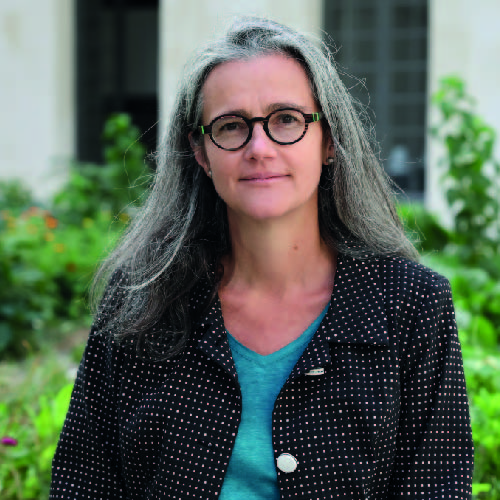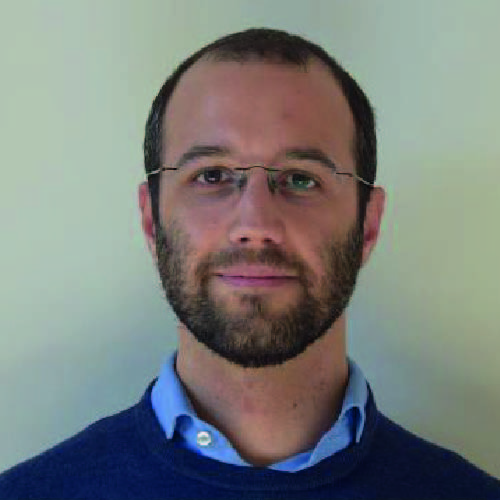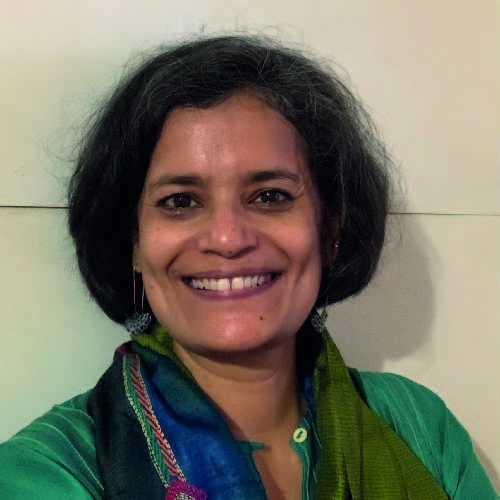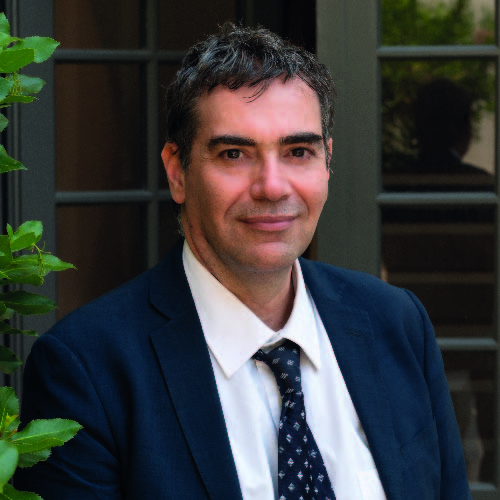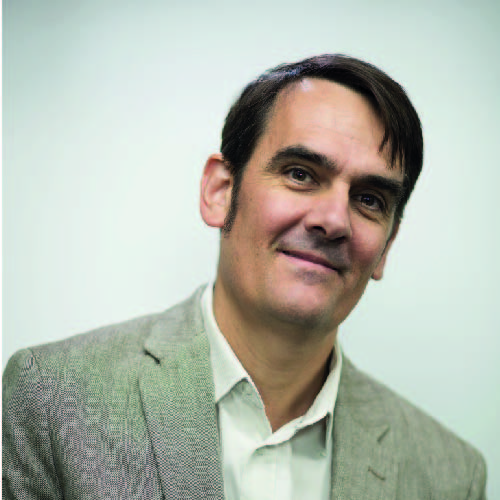AESOP 2024 ANNUAL CONGRESS | TRACKS
36th AESOP Annual Congress 2024 Paris, France
“GAME CHANGER? Planning for just and sustainable urban regions”
TRACK 07: ENVIRONMENT AND CLIMATE
Planning for resilience, sustainability, climate change and the environment
Chairs:
- Mauriel Maillefert, Université Jean Moulin Lyon 3
- Francesco Musco, IUAV Venice
- Subhashree Nath, Technische Universität Dresden
Faced with the challenges of climate change at different levels (international, national, regional), public policies and local authorities need to adapt quickly. Various legislative measures have already been put in place, particularly in France, in line with European directives. For example, the Lyon metropolitan area has proposed a territorial climate and energy plan and a health and environment plan to address the health issues associated with air pollution. Measures to reterritorialise agriculture, in line with the challenges of the circular economy, are also being taken. As far as businesses are concerned, circularity initiatives (Vallée de la Chimie) and even model transformation initiatives (textile revival, urban renewal, regeneration of urban wasteland) are under discussion or are starting to take effect.
Public authorities are also putting forward a new argument for accelerating change and making urban areas more resilient and less dependent: promoting a transformation in uses and lifestyles. For example, the city of Lyon offers training courses to its employees to raise their awareness and motivate them to take action. These actions support a number of different initiatives, such as the introduction of organic food programmes in school canteens, which is currently a very important issue, as it highlights different aspects of changing practices and access to healthy food, which also helps to address certain issues of equity in changing models for children.
In academic terms, these issues are addressed in a number of ways: through discussions on transitions, changes in models or, on the contrary, resistance to change. Through work on ways of bringing about change, in particular by favouring a more co-constructed vision of public policy that goes beyond the legal mechanisms for participation. Finally, field experiments are carried out at the local level to initiate and test model changes.
This track aims to address some main issues and innovations in spatial planning coping with current global challenges such as climate change. Theoretical debates and planning practices that make urban and territorial systems more resilient and support the transition towards more sustainable scenarios on a local and global scale may be welcome.
Possible topics to include:
- Circular economy and new urban economic models
- Transition drivers for a sustainable development
- Local actions vs. global imbalances
- Spatial planning for climate resilience
- Methods, tools, and practices to address climate change and disaster risk
- And more.
Keywords: circular economy models, nature-based solutions, socio-ecological-technical systems, planetary boundaries, resilience, biodiversity, urban greenery, urban metabolism, social and environmental justice, urban and regional planning, climate change mitigation, sustainability, climate action, climate justice
This track will host:
- Special Session 14: Transformative change in spatial planning for biodiversity: insights from innovative planning policies and practices*
- Special Session 15: Planning towards carbon-free energy systems: How green hydrogen contributes to the development of sustainable regions
- Roundtable 14: Three Characters in Search for an Author. Sustainability, resilience and transition in spatial planning research and practices
LOC
The Local Organising Committee




